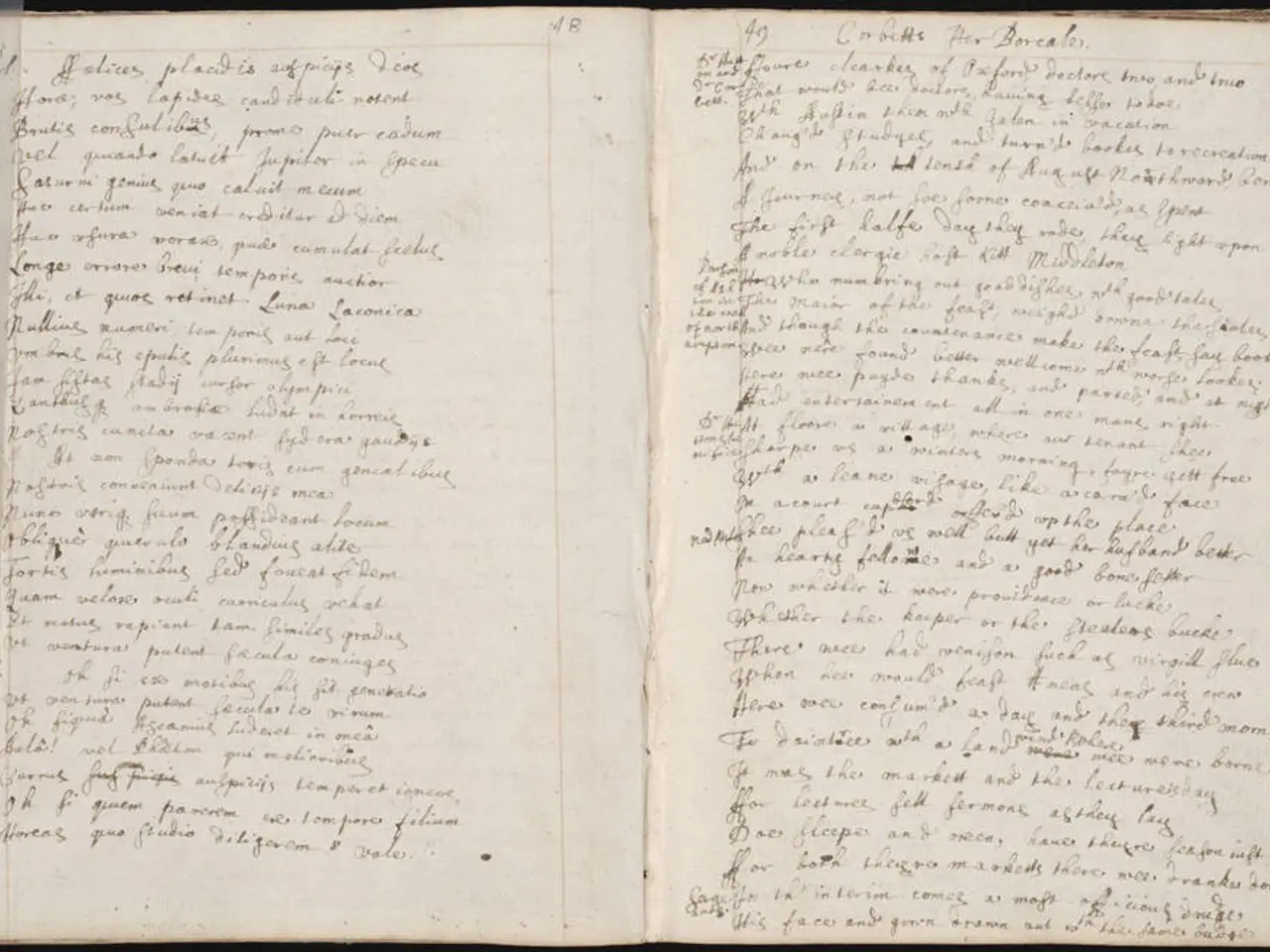Religious Liberty (Articles 25-28): Fundamental Rights Granted to Practice, Propagate, and Change Faiths
The Essential Religious Practice (ERP) Test: Balancing Religious Freedom and State Regulation in India
The Essential Religious Practice (ERP) test, a landmark judicial doctrine developed by the Indian Supreme Court, serves as a crucial tool for determining which rituals and practices are fundamental or integral to a religion, thereby qualifying for constitutional protection under Article 25 of the Indian Constitution.
Established in the historic Shirur Mutt case (1954), the ERP test empowers courts to examine whether a particular religious practice is "essential" to the religion itself before granting constitutional protection. This ensures that an overly broad or unchecked claim of religious freedom based merely on assertion does not encroach upon state regulation.
The significance of the ERP test lies in its role in defining the boundary between state regulation and religious freedom. It has been pivotal in notable cases such as the Ayodhya dispute and the Sabarimala case (2018), where the test helped the court balance constitutional guarantees with competing religious claims and state interests.
In the Sabarimala case, a 4:1 majority decided that the temple's practice of barring women of menstruating age was unconstitutional. The ruling strengthened constitutional morality, promoted gender justice, and eliminated discriminatory practices.
Article 25(1) of the Indian Constitution provides freedom of conscience, the right to profess, practice, and propagate religion. This right is subject to reasonable restrictions and state regulation as outlined in Article 25. The ERP test is instrumental in safeguarding genuine religious practices from state interference, preventing the misuse of religious freedom claims to continue discriminatory or unreasonable practices, and balancing collective religious rights with individual rights and public order considerations.
However, the test has drawbacks. Courts often find themselves deciding on religious doctrines, often complicated and beyond judicial expertise, leading to difficult interpretative dilemmas. In recent discourse, scholars and jurists have suggested refining or codifying the ERP criteria to achieve clearer judicial standards and reduce ambiguity in assessing religious practices under Article 25.
Article 26 requires a religious denomination to have a system of beliefs, a common organization, and a distinctive name. The right to religious conversion is a complex issue in Indian law, with cases such as Sarla Mudgal vs. Union of India (1995), S. Pushpa Bai vs. C.T. Selvaraj (2010), and Hadiya vs. Ashokan K.M. (2017) setting important precedents.
The K.S. Puttaswamy Judgment (2017) upheld the right to privacy, which includes freedom of religion and personal relationships. In the Bench of Justices MR Shah and Hima Kohli (2021), forced religious conversion was recognized as a grave issue with serious implications for national security, religious freedom, and individual conscience.
Article 27 prohibits compulsory payment of taxes for the promotion or maintenance of any religion, while Article 28 prohibits religious instruction in educational institutions wholly maintained by the state. Challenges associated with anti-conversion laws infringe upon fundamental rights under Article-14 and Article-21. Vagueness in provisions makes anti-conversion laws prone to misuse.
Article 28 allows religious instruction in educational institutions administered by the state but established under any endowment or trust. Article 26 protects the collective freedom of religion, while Article 27 prohibits the state from spending public money for the promotion of any particular religion. Article 25(2) allows the state to regulate or restrict religious activities on grounds of public order, morality, health, etc.
The effort to maintain status quo in demography and harshly regulating religious conversions may backfire in the era of globalization with a focus on multi-cultural cosmopolitan society. The Indian Supreme Court continues to grapple with these complex issues, striving to uphold the principles of religious freedom, individual rights, and social justice enshrined in the Indian Constitution.
In the context of India's complex religious landscape, the Essential Religious Practice (ERP) test, initially established in the Shirur Mutt case (1954), plays a significant role in reckoning whether a religious practice is 'essential' and deserving of constitutional protection. This test, also instrumental in cases like the Ayodhya dispute and the Sabarimala case (2018), bridges the gap between religious freedom and state regulation, ensuring neither encroaches upon the other.
With the Sabarimala ruling strengthening constitutional morality and promoting gender justice, the test marks a juncture where politics, general-news, and science intersect in India's ongoing discourse surrounding religious freedom and societal progress. Understanding the implications of the ERP test opens a dialogue, calling for refinement or codification of this criteria to enhance clarity in evaluating religious practices under Article 25 while ensuring that judicial standards remain unambiguous.








